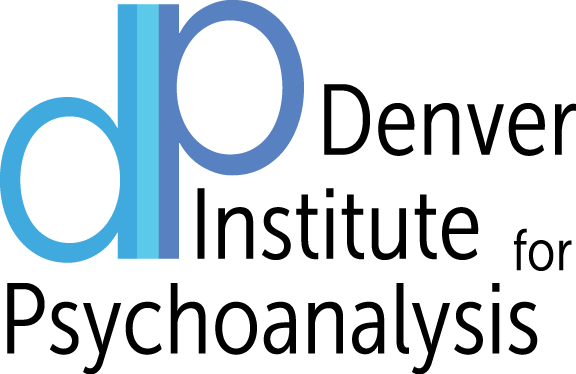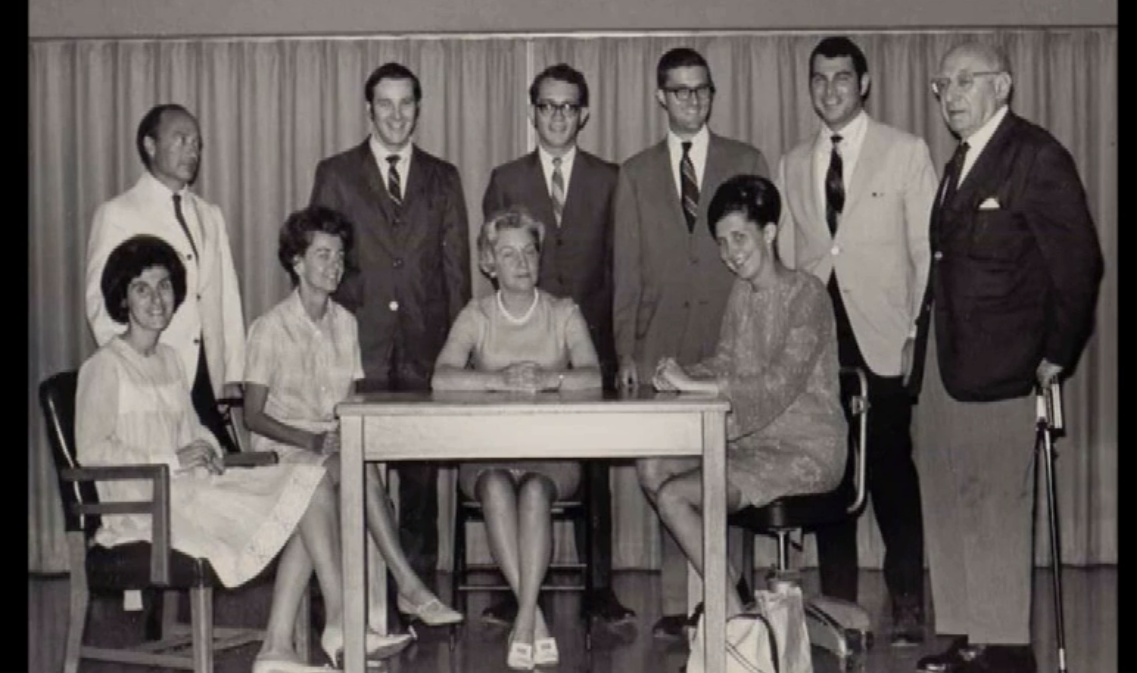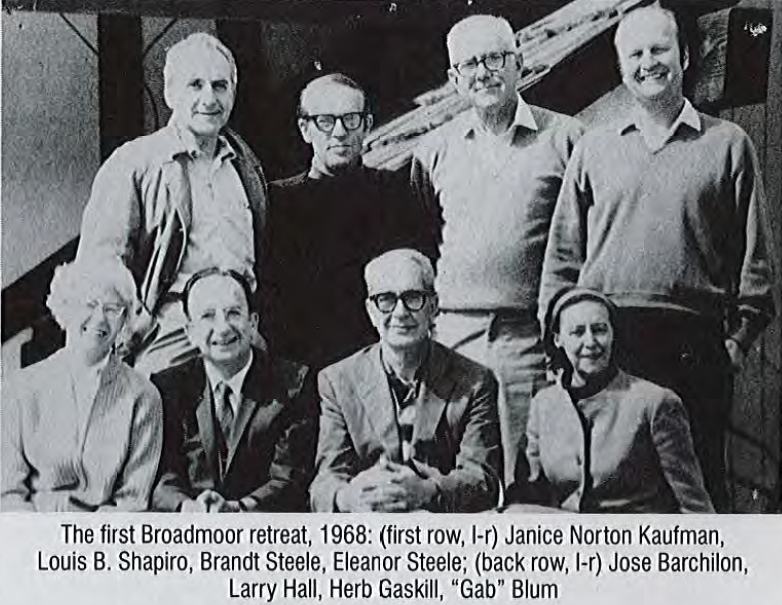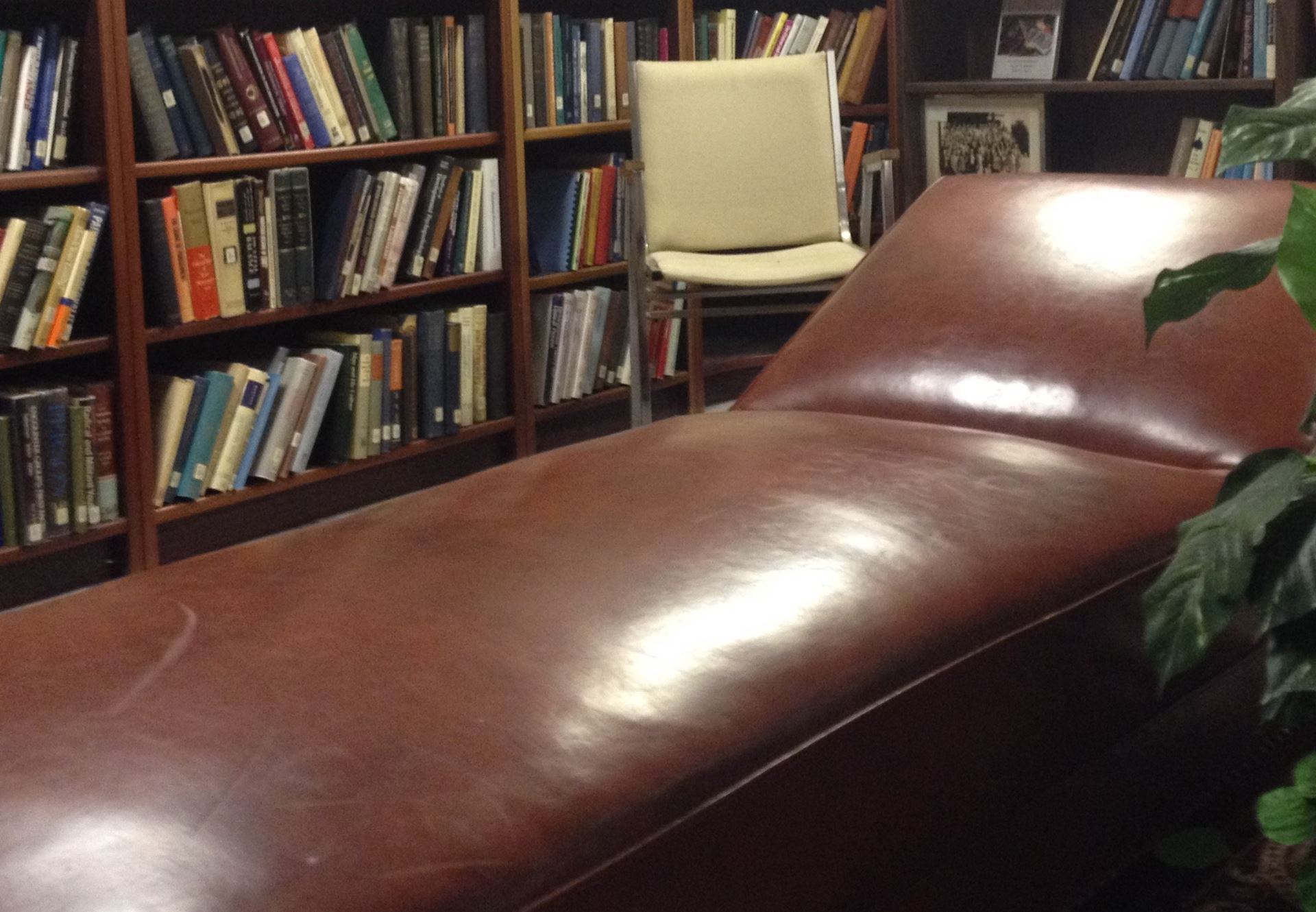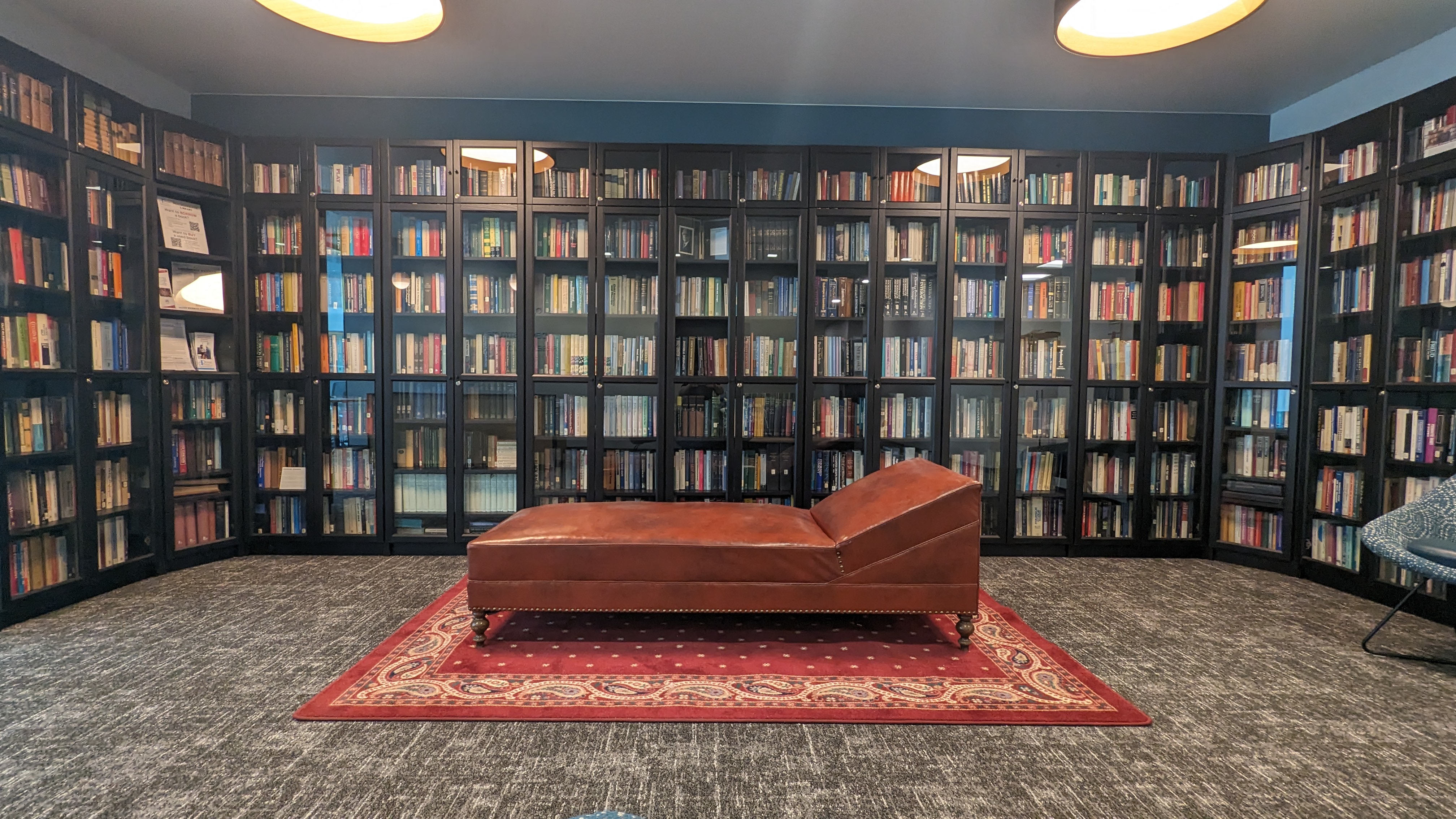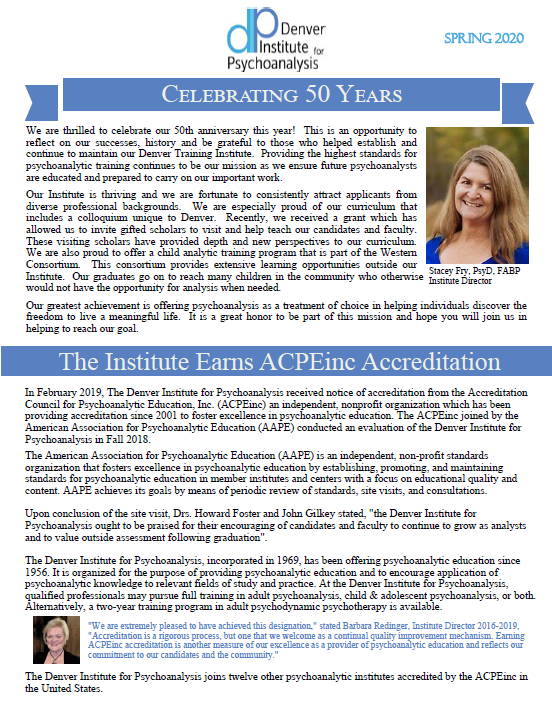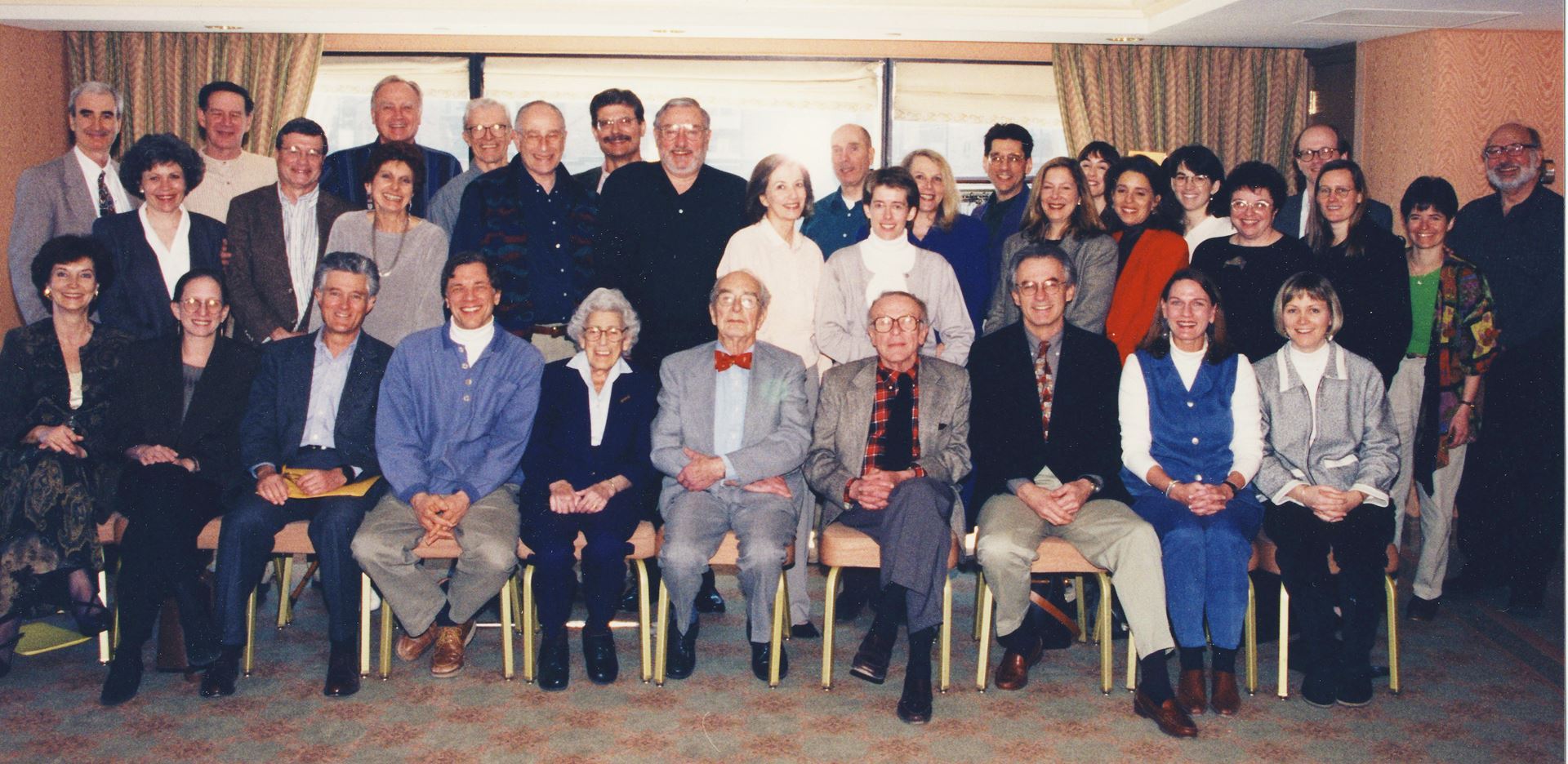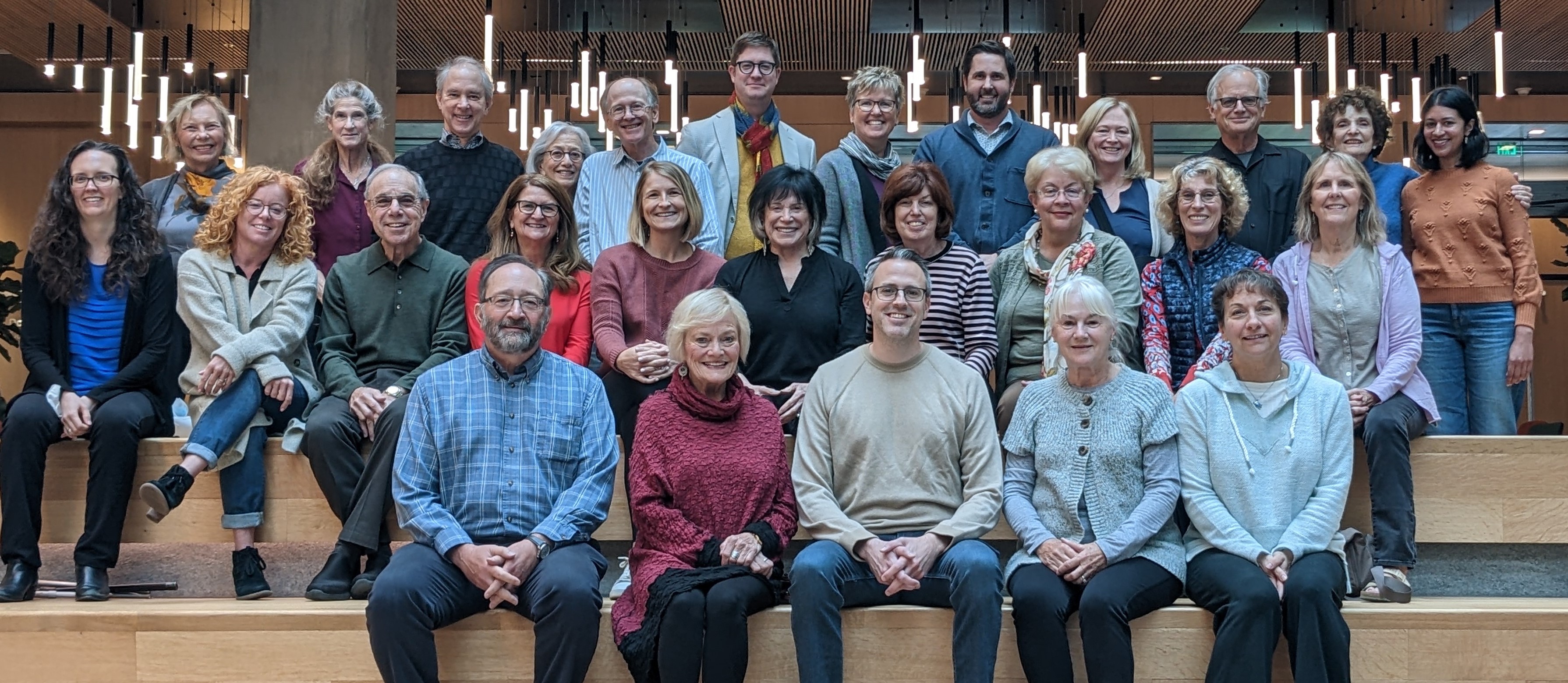Advancing skill and scholarship since 1969 |
The Institute's History
The story of psychoanalysis in Denver goes back to 1923 when the Colorado Psychopathic Hospital was built for the study and treatment of patients with mental illness and for clinical teaching.
In the early 1930s, Swiss trained psychoanalyst, John D. Benjamin, arrived for "balcony treatment" for tuberculosis - making him the first psychoanalyst in Colorado. However Dr. Benjamin did not become involved with the University of Colorado Medical School until Herbert Gaskill arrived in 1953.
Meanwhile, in the late 1940s the University of Colorado Medical School started to attract national attention. Psychiatry was taught for all four years in the medical school curriculum, had a liaison program that linked psychiatry to other services and established an outpatient psychiatric clinic for children.
Interest in psychoanalysis grew and from the late 1950s to the early 1970s. In 1953, Dr. Herbert Gaskill became the chair of Department of Psychiatry at the University of Colorado and was instrumental in creating the Institute. Among his aims in building a good department were those of providing excellent residency training and gradually adding psychoanalytic training for residents and faculty members. At the time, only two analysts resided in Denver, Dr. Jules Eisenbud and Dr. William Shanahan.
In 1955 husband and wife Dr. Sydney Margolin and Dr. Margaret Hitchman moved to Denver to join the Department of Psychiatry followed soon after by Dr. Janice Norton, Dr. Rene Spitz, Drs. Brandt and Eleanor Steele, Dr. Laurence Hall and Dr. Gaston Blom.
Psychoanalytic education has been offered in Denver since 1956. Until 1969 the Denver Training Center operated under the auspices of the Institute for Psychoanalysis in Chicago where 9 students commuted to Chicago for courses and supervision. Local courses offered included:
- Criteria of Analyzability by Janice Norton, M.D.
- Interpretation of Dreams by Brandt Steele, M.D.
- Clinical Dream Interpretation by Laurence B. Hall, M.D.
- Advanced Clinical Seminar by Jose Barchilon, M.D.
A group of six individuals (Robert Emde, John Kelly, Paul Levine, David Metcalf, George Mizner, and Samuel Wagonfeld) were interested in training and waited, as faculty members in the University of Colorado’s Department of Psychiatry, until the Denver Institute began with its first classes in 1968. John Kelly and Robert Emde graduated in 1974 and the rest graduated in the following year.
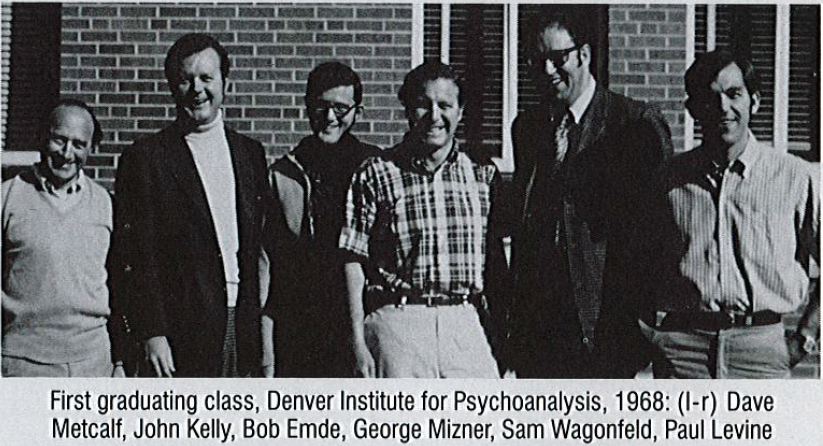
Even with faculty with experience in child development and research, such as Rene Spitz, John Benjamin, Gaston Blom, and Dane Prugh, the first Child & Adolescent training program did not began until 1988, nine years after a committee to pursue the question of child analysis in Denver was formed.
In the late 1970's and early 1980's the Institute went through a "dark age" period where faculty died or left the area and incoming psychoanalytic candidates decreased. Through open communication, the remaining faculty met and began to work on a transition including changing the governance structure.
The 1990's were successful and invigorating years for the Denver Institute for Psychoanalysis with the growth of new faculty and the development of new training and supervising analysts. In 1992, the Denver Psychoanalytic Society began offering classes in Psychodynamic Psychotherapies, which the Institute later took over in 2005.
To read more about the Institute's history, check out these articles published in 1994 in the American Psychoanalyst.
Institute Timeline
|
